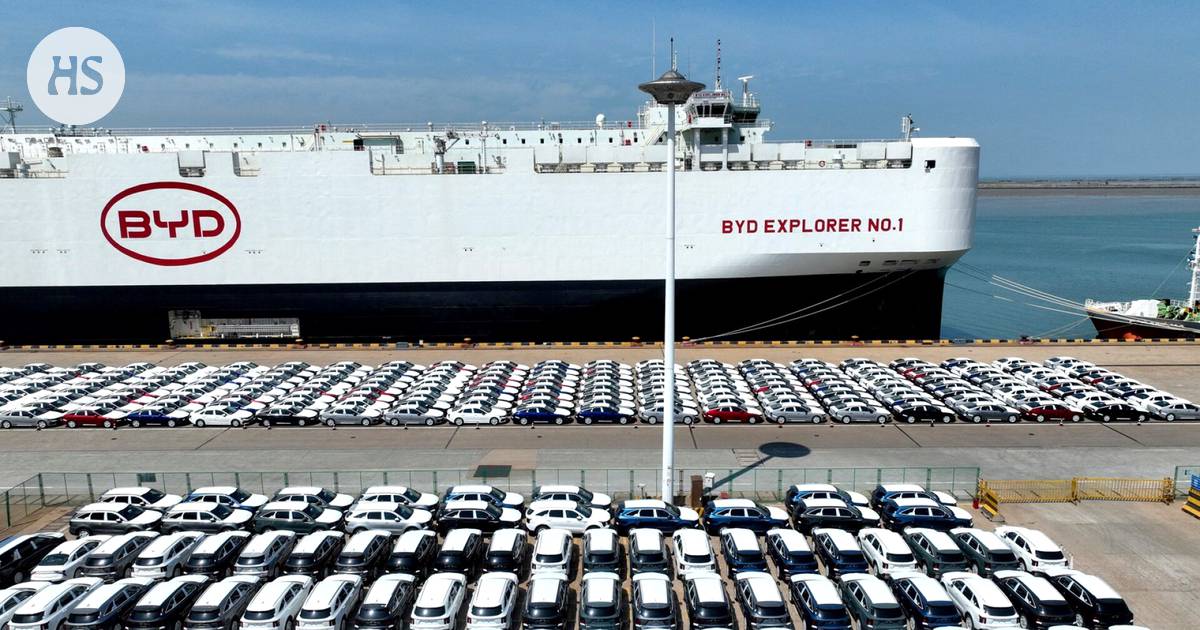The European Union is currently considering imposing tariffs on Chinese electric cars that some experts believe are too low. According to research, higher tariffs, such as 50 percent, would be necessary to prevent an influx of Chinese electric cars into the European market.
The Rhodium Group estimates that lower tariffs would not deter Chinese manufacturers from exporting to Europe, especially if they receive significant cost advantages. Currently, imported cars are subject to a 10 percent tariff in the EU, which amounts to around 2,100 euros per car. However, Chinese electric cars like BYD’s Seal U SUV are significantly cheaper in China compared to their prices in the EU due to additional import and customs costs applied in Europe totaling almost 13,000 euros.
Chinese car brands are already gaining traction in the European market, with projections indicating they could capture as much as a fifth of the Union market by 2027. The European Commission is currently investigating the issue and may implement temporary tariffs as early as May-June, with a decision on permanent tariffs expected by the end of autumn. The impact of these tariffs would not only affect Chinese brands but also other manufacturers like Tesla, which builds cars in China and exports them to Europe. However, Chinese companies like BYD are already establishing factories within the EU, with one in Hungary and more expected to follow. Last year Finland saw the introduction of four new Chinese car brands, and more are expected to enter the market this year.


